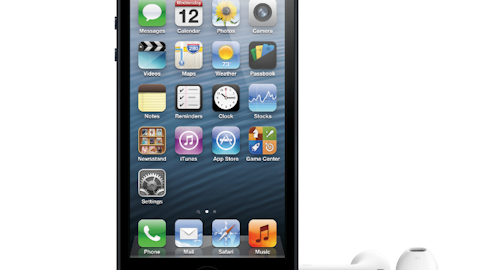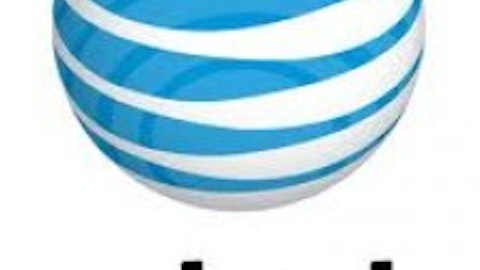Here we go again. Rich Tullo, director of research at Albert Fried & Co., says Apple Inc. (NASDAQ:AAPL)‘s iCloud service could disrupt Netflix, Inc. (NASDAQ:NFLX) . Netflix has enough real competitors as it is. Can we please dispense with the fake ones?
We’ll know a lot more about how competition is taking a toll (or not) when Netflix reports fourth-quarter earnings tomorrow. In the meantime, it’s important to remember that Apple Inc. (NASDAQ:AAPL) has good reasons to embrace Netflix even as it keeps Amazon.com, Inc. (NASDAQ:AMZN)‘s Instant Video and YouTube at arm’s length.
Tullo doesn’t seem to care. Instead, he argues that iCloud could evolve to add streaming.

Tullo’s referring to recent deals with The Walt Disney Company (NYSE:DIS) and Time Warner Inc. (NYSE:TWX) for exclusive content that includes feature films from Pixar and Marvel as well as TNT drama Dallas, which becomes available January 2014. Netflix has also struck deals directly with performers, including David Fincher and Kevin Spacey for House of Cards and Ricky Gervais for Derek.
Why iCloud isn’t a substitute
Content deals aren’t what protect Netflix. Rather, Apple Inc. (NASDAQ:AAPL)’s own strategy provides a deep enough moat: iCloud isn’t a streaming service.
Buying or renting a movie or TV episode grants you access via any device connected to your iTunes identity. Thus, if you want to watch The Avengers on your Apple TV and your iPad, you’ll have to download the movie twice.
Now compare that to how Netflix operates. Choose a program and start watching it on one device, continue on another, and finish on yet another without downloading even a single byte. Whereas Netflix operates a smart, adaptable network, iCloud is a dumb library accessible via an Internet connection.
Upgrading iCloud could take years and billions of dollars worth of investment, for it would require reimagining and then redesigning the underlying software for streaming — followed by several rounds of heavy data center upgrades for handling and optimizing traffic delivery without interruption. Experience shows this to be no easy feat.
Um, who are those guys in the sharkskin suits?
Hollywood might also want a say in any changes to iCloud. And why not? Streaming isn’t the same thing as downloading. Netflix’s own failed negotiations with Starz show that studio executives and creators have come to see streaming rights as a distinct and quite valuable category unto its own.
Apple Inc. (NASDAQ:AAPL) couldn’t simply turn a switch and start streaming. Rights to every title in the iTunes Store would be up for bid, kicking off what could be months or years of contract negotiations that could make the company’s lengthy deliberation with the Beatles look easy by comparison.
Why? Cash. Apple Inc. (NASDAQ:AAPL) has so much of it that Hollywood would feel perfectly comfortable asking for rich terms that CEO Tim Cook would be loath to accept.
There’s also the music industry to consider. Ever since the late Steve Jobs convinced artists to back the iTunes Store for distribution, the industry has been searching for a way to improve revenue and profits. Streaming services Pandora Media Inc (NYSE:P) and Spotify have emerged to fill the gap.
Which, frankly, should tell us something as investors: downloading and streaming aren’t at odds. They’re supplemental, as important to the movie and TV industry as they are to the music industry.





